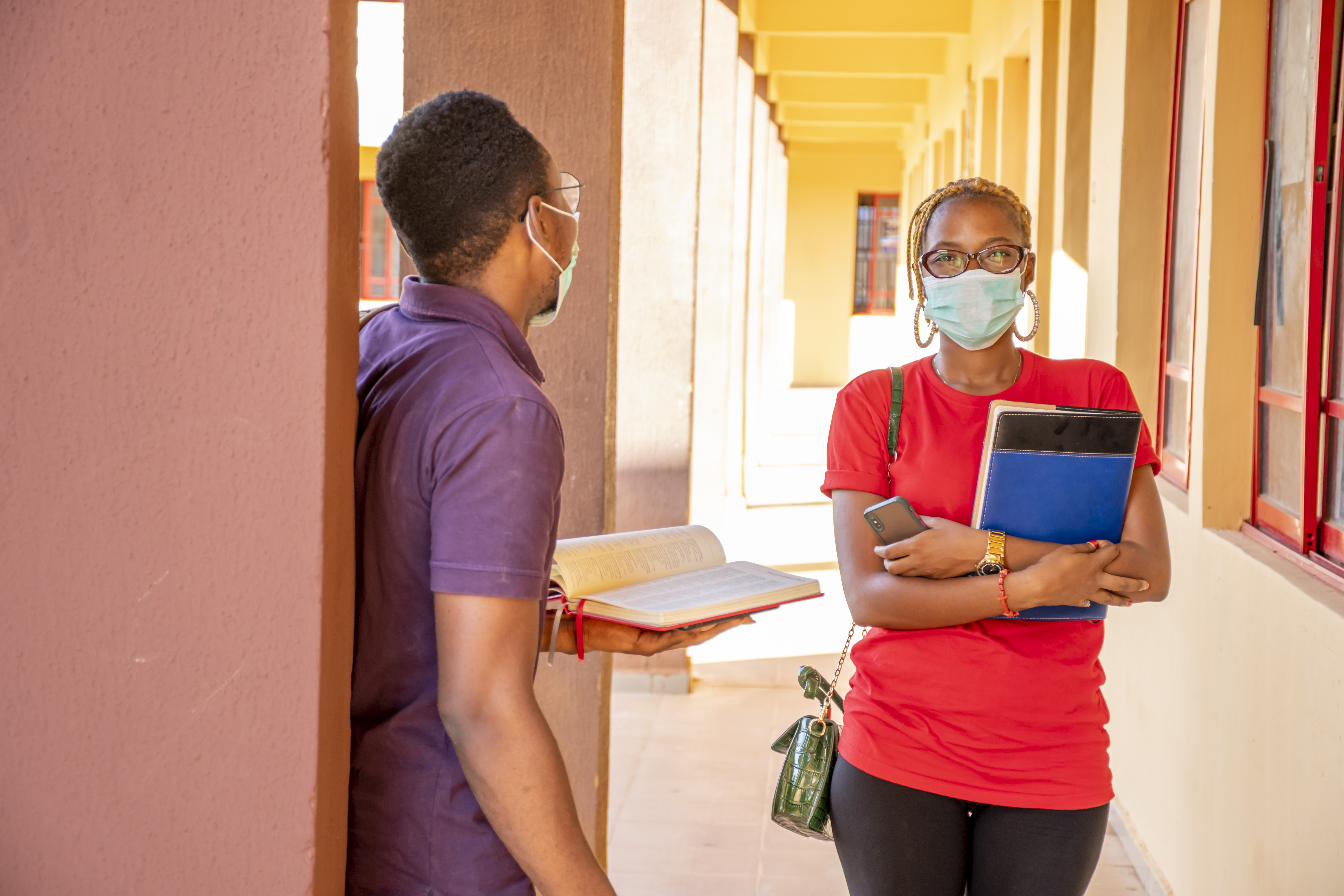Top 4 Lessons from the COVID-19 Response for Students
In this blog, Samuel Agyapong, Evidence, Impact and Learning Manager at Education Sub Saharan Africa (ESSA) highlights findings from ESSA's 'Learning in Crisis' report on the impact of COVID-19 on universities and colleges in sub-Saharan Africa.

The crisis has upended many aspects of ‘normal’ life of students. With university and college campuses temporarily closed, students have readjusted their daily lives to lockdown situations at home, where they face new challenges and miss out on the daily experience of university life.
1. Mental health must be taken seriously
Long periods of self-isolation can have a negative impact on the psychological well-being of students; especially those who live alone and international students who are not in their place of origin.
Valery Chelsie Brown, a second-year Hospitality Management student at Kwame Nkrumah University of Science and Technology (KNUST), Ghana, on the impact of the lockdown on her mental health:
“Although I am home and supposed to be relaxed, this period has been very stressful with lots of school assignments and household chores. Honestly, I feel mentally burned out.”
2. The digital divide must be closed
Attempts to continue learning through technology has introduced serious equity and logistical concerns among students. This sudden move occurred with little time for students to prepare; to acquire the necessary equipment; or to improve their ICT, digital, or social media skills.
Welpuo Waris Samuel a 2nd year Doctor of Pharmacy student at the Kwame Nkrumah University of Science and Technology (KNUST):
“My parents see the lock down as an opportunity to get me and my siblings to support the family business. Instead of joining remote classes, I support the family business at home."
3. Opportunities to study abroad have narrowed, but this could have benefits for young people and their communities
Many aspects of internationalization in the higher education sector in sub-Saharan Africa have been and will continue to be severely impacted by the COVID-19 pandemic, most of all regarding inbound and outbound student and faculty mobility.
4. Students are looking for alternatives to traditional education to get skills
A general decline in higher education is highly probable due to the pandemic. As the rate of unemployment and underemployment rise household income of many families is likely to decline. Given the global nature of the economic crisis, even households that rely on remittances are likely to see their incomes decline as a result of the pandemic.
Read our report: Learning in Crisis on the COVID-19 pandemic response in sub-Saharan Africa, for the full background research and lessons for both university and college students and faculty/ staff.